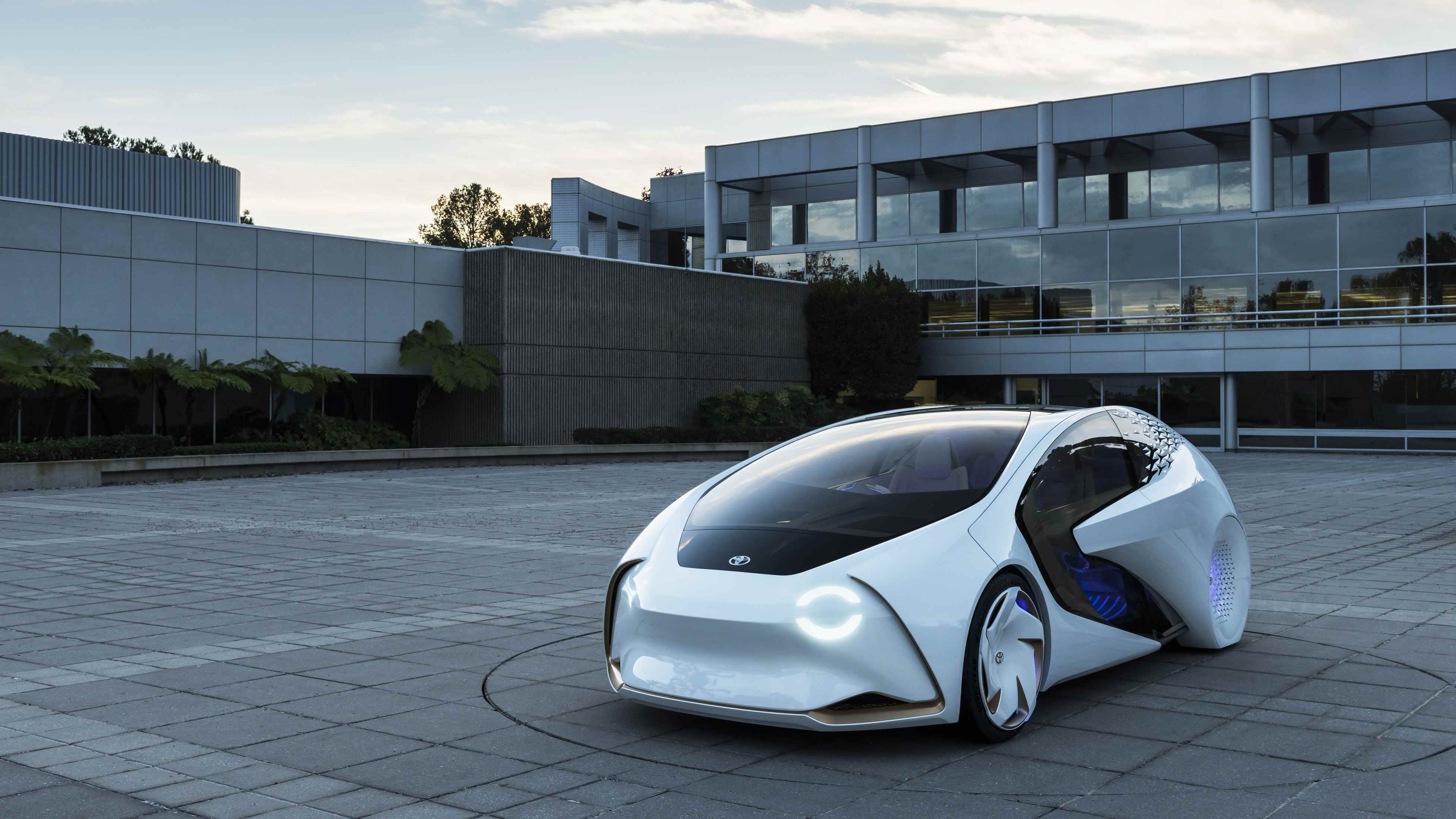
Tech & Sci
22:06, 16-Oct-2017
Toyota to test self-driving talking cars by about 2020

Toyota Motor Corporation on Monday said it would begin testing self-driving electric cars around 2020, which will use artificial intelligence (AI) to engage with drivers, as the company competes with tech firms to develop new vehicles.
The car, whose concept model was unveiled earlier this year at the Consumer Electronics Show in Las Vegas, will be able to converse with drivers, while building up knowledge of users’ preferences, habits and emotions through deep learning, the company said.
“By using AI technology, we want to expand and enhance the driving experience, making cars an object of affection again,” said Makoto Okabe, general manager of Toyota’s EV business planning division.
Facing competition from rival automakers and tech companies to produce self-driving, intelligent cars, Toyota has committed 1 billion US dollars through 2020 to develop advanced automated driving and AI technology.
The Concept-i model, a battery-electric car which will have a cruising range of 300 kilometers (180 miles) on a single charge, will be able to estimate the emotions and alertness of drivers by reading their expressions, actions and tone of voice.
Using this information, the vehicle will be able to take over driving responsibilities when necessary – after assessing the driver is too tired to drive safely, for example – and also interact with the driver and passengers.
Facing a future where car ownership may be overtaken by new mobility services, automakers are ramping up investment to develop AI capabilities to enhance the driving experience.
Ford Motor Company earlier this year invested 1 billion US dollars in Argo AI, a start-up set up by former employees of Uber Technologies’ self-driving car development team, to develop an on-demand self-driving car service. General Motors Company has also been investing in AI start-ups.
Honda Motor Company and Softbank Corporation announced last year that they were teaming up to use humanoid robotic technology in cars to enable them to communicate with drivers.
Source(s): Reuters

SITEMAP
Copyright © 2018 CGTN. Beijing ICP prepared NO.16065310-3
Copyright © 2018 CGTN. Beijing ICP prepared NO.16065310-3